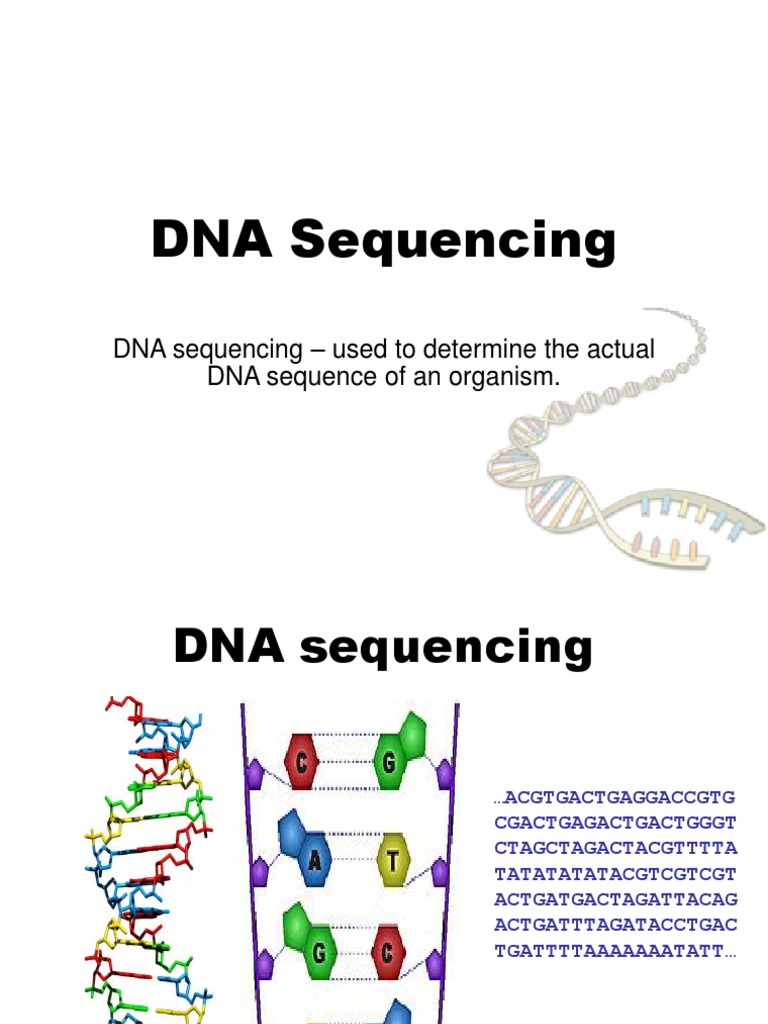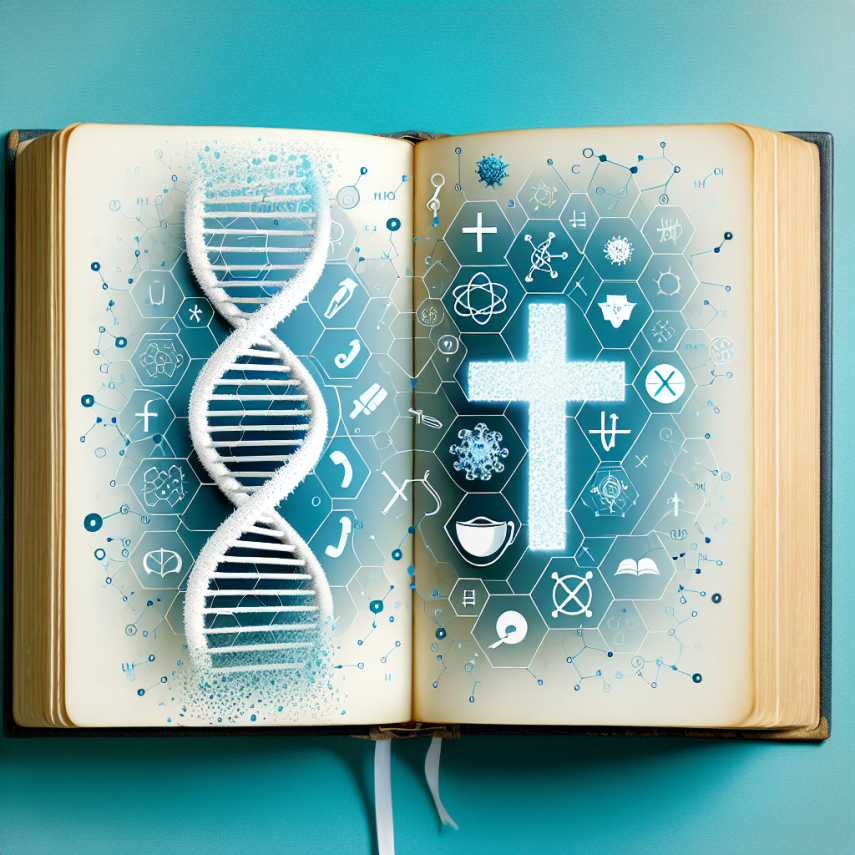The Complexity of Information: Understanding its Role in Science and Theology
In both science and theology, the concept of information has sparked immense curiosity and debate. From the intricate coding in biology to the moral truths revealed in scripture, information shapes how we interpret the world around us. Over the years, I’ve come to appreciate the diverse ways in which we engage with information—whether in a molecular biology lab, studying how DNA instructs cells, or in front of a Bible, discerning God’s message for humanity.
Recently, I found myself reflecting on the convergence of faith and science in the realm of information theory. As someone grounded in both fields—having wrestled with doubt, discovery, and the depth of my Christian faith, while also exploring the precise algorithms at the heart of AI—I’ve come to see a beautiful synergy between the two. At the core of this synergy is the mysterious and multifaceted concept of “information.”
The Nature of Information in Science
Information in science is often viewed through a technical lens, particularly in fields like physics, computer science, and biology. As discussed in many academic circles, especially in the world of information theory, two entities transmitting a signal create information based on what is communicated and what is not. This concept is rooted in Shannon’s notion of entropy—a way of measuring uncertainty and the reduction of potential signals.
- Signal properties: In physics, the concept of information can include any sort of measurable signal—light, sound, or electricity.
- Shannon Information: In the context of transmission, this type of information is concerned with the reduction of uncertainty, typically found in communications technology or AI systems.
These approaches to information are technical in nature, focusing more on the transmission of data without necessarily caring about what the data *means*. This is where biology and theology introduce a new layer of complexity: aboutness.
From Signals to Meaning: Information in Biology
Biology is distinct in science because it relies on information that references something practical. For example, in molecular biology, DNA is not just a random assortment of molecules—it contains instructions. These instructions inform cells how to behave, and as such, they are “about” something: about maintaining life, fighting diseases, or ensuring the organism’s survival.
| Level | Aspect of Information | Description |
|---|---|---|
| 1 | Signal | The raw input, such as DNA sequences or Shannon data in a communication system. |
| 2 | Referential | This points to what the signal is about—for example, DNA’s instructions for life. |
| 3 | Normative | Aspects of the information that prescribe behavior—what is good for life, what is harmful, what should be done ethically. |
In this sense, biology’s use of information reveals something more profound. Life does not simply obey abstract bits and bytes; it thrives on interpretation and interaction. The same biological sequence might lead to entirely different outcomes when placed in different environments. One could say that biological information is inherently creative, adaptive, and purposeful—it is about survival, adaptation, complexity… in short, life itself.
Biology adds layers of meaning, starting from the basic signal to the referential meaning that this signal points to, and finally reaching the practical, normative impact on an organism’s health or well-being.
Information and Theology: A Similar Complexity
Interestingly, theology shares some similar structures when it comes to processing information. The Bible, too, presents a signal (texts, parables, and prophecies), references spiritual truths (aboutness), and offers a normative guide (what is good, what is evil). Just as biology interprets DNA to preserve life, we interpret scripture to understand God’s will and live accordingly.
In the Bible, we find an even higher plane of interpretative meaning:
- Signal: The words and stories presented in scripture—the raw data, so to speak, of God’s communication to us.
- Referential: These words point to greater truths about God’s nature, His will for humanity, and the promise of salvation found in Christ.
- Normative: Scripture not only informs us but calls us to action, demanding we live morally righteous lives, love our neighbors, and seek justice (see Isaiah 1:17).
It’s no wonder that, just like in molecular biology, interpreting scripture leads to a transformation—not merely intellectually but practically. Much like a cell is influenced by the DNA it reads, our lives are radically changed by understanding and living out God’s Word.
Even in previous articles on this blog, such as Free Will and Moral Responsibility, we’ve delved into how science (specifically neuroscience) intersects with divine truths. **Information**—whether in science or faith—is never just “data,” but embodies greater moral, spiritual, and practical implications.
Tying It All Together: Information as a Bridge
So, how can we reconcile science’s complex understanding of information with faith’s spiritual messages? Surprisingly, they aren’t as far apart as many would think. Both disciplines recognize that information, signals, or messages aren’t isolated—they are always about something larger. And both demand interpretation.
In many ways, the role of information whether in the form of genetic code or spiritual text is to equip us for life’s trials. Whether instructing a cell on how to repair itself or showing a believer how to forgive and seek peace, information is dynamic, practical, and transformative. It is a bridge from the empirical world to the transcendent.
As we stand at the precipice of rapid technological development, particularly in information-rich fields like AI, we must remember that the ethical and moral weight of the information we process is crucial. As I explored in another recent post, technology needs to be guided by the right values, much like how biology relies on its interpretative processes to produce the desired function necessary for life.
Our stewardship over the Earth and over technology should be grounded in the fundamental truth that both science and Christianity reveal—the intricate and thoughtful design that points to a greater purpose, a higher truth, a moral and divine teleology. It’s not enough to transmit information; we must interpret it, live by it, and responsibly steward all our God-given knowledge.


Final Thoughts: Embracing the Mystery of Information
In many ways, my life has been an exercise in learning how to process and interpret life’s varied signals. From early doubts about faith, to the profound revelations uncovered through adversity, I find that interpretation—whether of DNA, scripture, or life itself—demands not just clarity but wisdom born of humility. We must acknowledge not just what we know, but what we don’t, and trust that God’s plan, much like creation’s intricate design, always points towards truth and life.
Faith and science are not cousins at odds with each other. They are fellow travelers on the same journey towards understanding the ultimate truth. And at the heart of them both, information—whether transmitted, deciphered, or acted upon—serves as the bridge, built by a Creator who imbued existence with purpose, beauty, and love.
Focus Keyphrase: Information in Biology and Theology




This was a helpful read. Looking forward to more content like this!
Thank you for reading! I wrote this article to share my thoughts and insights. I’d love to hear your feedback and discuss further in the comments!